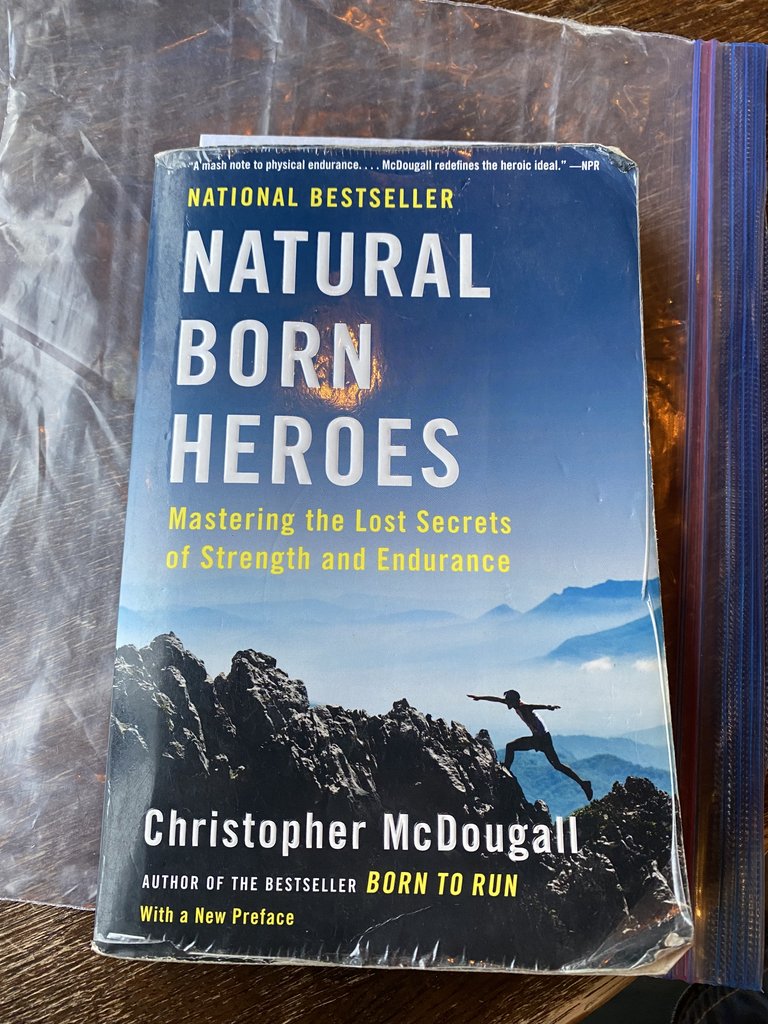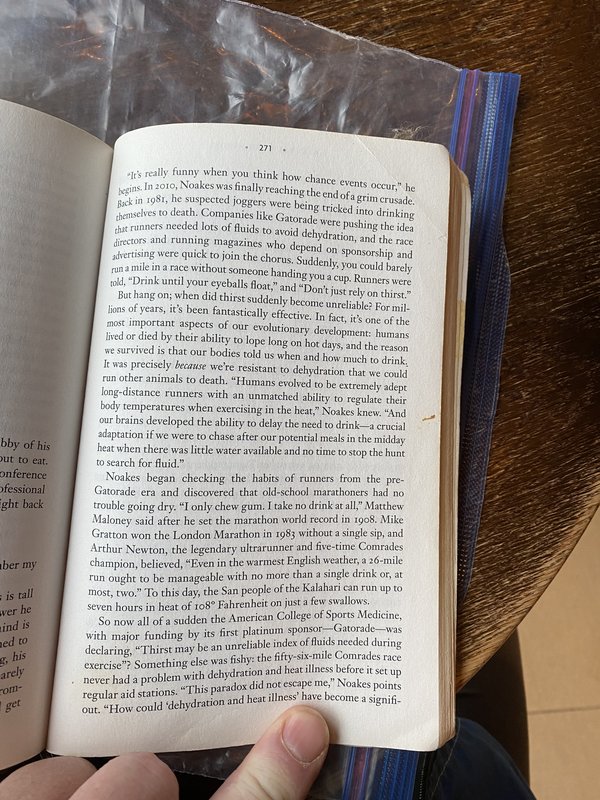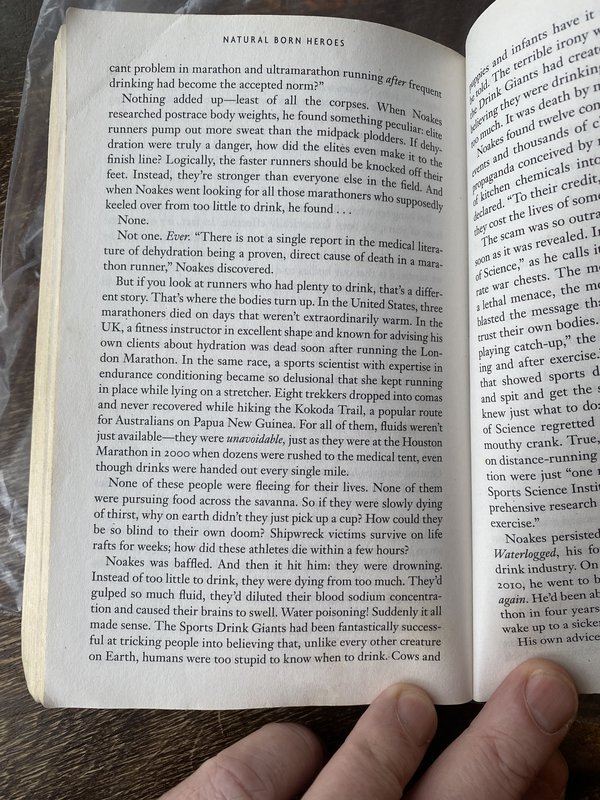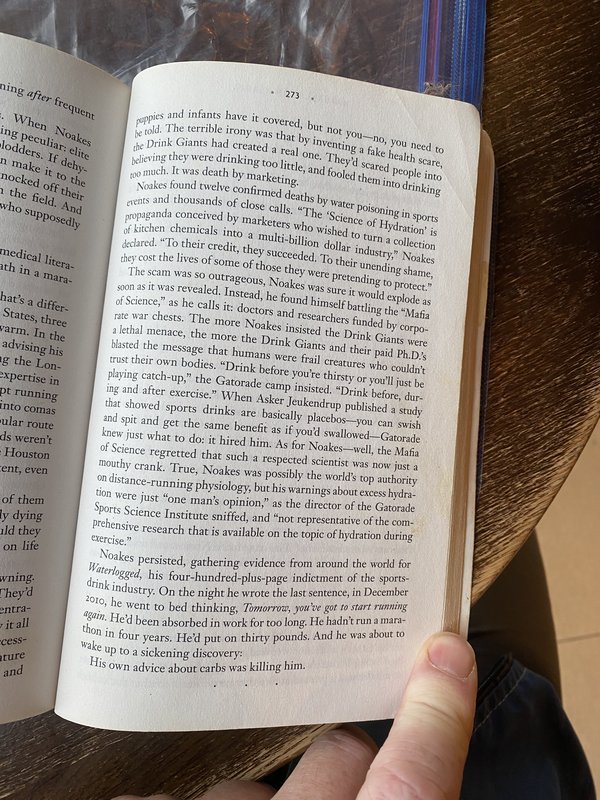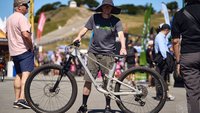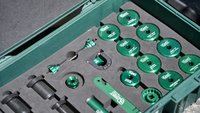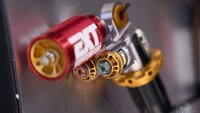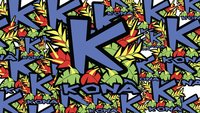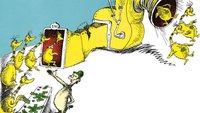Staying hydrated properly during rides can be a challenge on longer rides - especially if you're not riding with a pack and you have limited water water bottle capacity on your bike. A key part of staying hydrated is knowing how much fluid you're losing - your sweat rate. A number of factors can affect your sweat rate such as weather conditions and training intensity. To figure out your sweat rate do some testing for a few days. Before you go for a ride, weigh yourself naked or in some light weight clothing and use the same clothing to weigh yourself in after your ride. If you need to, hit the bathroom before you weigh yourself to help get an accurate measurement. You also need to keep track of how much fluid you drink during/after your ride before you weigh yourself the second time. Your fluid loss is your before weight minus your weight after plus the weight of any fluids you took in during the ride. Once you know your sweat rate then you know how much fluid you should ideally be taking in while you are riding. During the testing days, drink/eat as you normally would, but don't pre-hydrate just before your ride as you want to get an accurate measurement of your fluid loss. to figure it out use the following formula. Note that 1L of water weights 1kg.
Bodyweight before - Bodyweight after + Fluid intake weight = Net fluid loss weight
Net fluid loss / Ride duration in hours = hourly sweat rate.
90kg - 89kg + 2kg = 3kg
3L / 2hrs = 1.5L per hour
So, ideally you should be drinking 1.5L of fluid per hour
In terms of pre-hydration, it's worthwhile to consider it for rides lasting longer than an hour. While pre-hydration has it's benefits, you don't want to gulp a large volume of water just before a ride though as that could negatively affect performance. The ACSM recommends drinking about 5-7ml/kg of bodyweight at least 4hrs before training, and possibly another 3-5ml/kg about 2hrs before training.
4hr window = 90kg x 6ml = 540ml of fluid
2hr window = 90kg x 4ml = 360ml of fluid
Source: Nutrient Timing for Peak Performance, Skolnik, Heidi
We don't know what our limits are, so to start something with the idea of being limited actually ends up limiting us.
Ellen Langer
Last edited by: syncro on Dec. 27, 2023, 8:20 a.m., edited 4 times in total.
